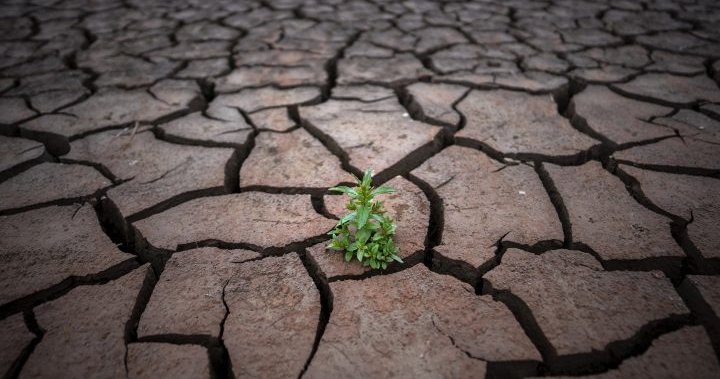
Climate change is already affecting food security. How can Canadians prepare?
Global News
Experts say that while Canada is not invulnerable to extreme climate events, it can work on reducing its reliance on imported food to guard against external shocks.
For Nadia Harlow, the owner of Spice of Life, produce runs have become a bit of a shot in the dark. She is never sure she’ll find the right peppers she needs to make her hot sauce in Pefferlaw, Ont.
“I have faced challenges trying to get peppers. I’ve had to discontinue one of my popular sauces, just based on the fact that I just cannot find the peppers for that,” Harlow said.
With Canada facing a record-breaking wildfire season and many parts of the country flooded, both Europe and North America facing heat waves and July 2023 set to become the hottest month on record for planet Earth, the impact of extreme weather events on food supply has come into focus once again.
Harlow is among the many hot sauce manufacturers who felt the pinch after a drought in Mexico and depleting levels in the Colorado River led to a dwindling supply of hot peppers being exported to both the United States and Canada.
In April 2022, California-based Huy Fong Foods, which produces the popular Sriracha hot sauce, put out a statement warning consumers of shortages.
But it’s not just your favourite hot sauce under threat.
Brent Preston, president of Farmers for Climate Solutions, said it’s about to get a whole lot worse than just fewer Sriracha bottles on the shelves.
“That’s kind of the tip of the iceberg. And I think that the extreme weather events we’re seeing in Canada and around the world, we’re going to have very severe consequences to our food supply chain,” said Preston.













